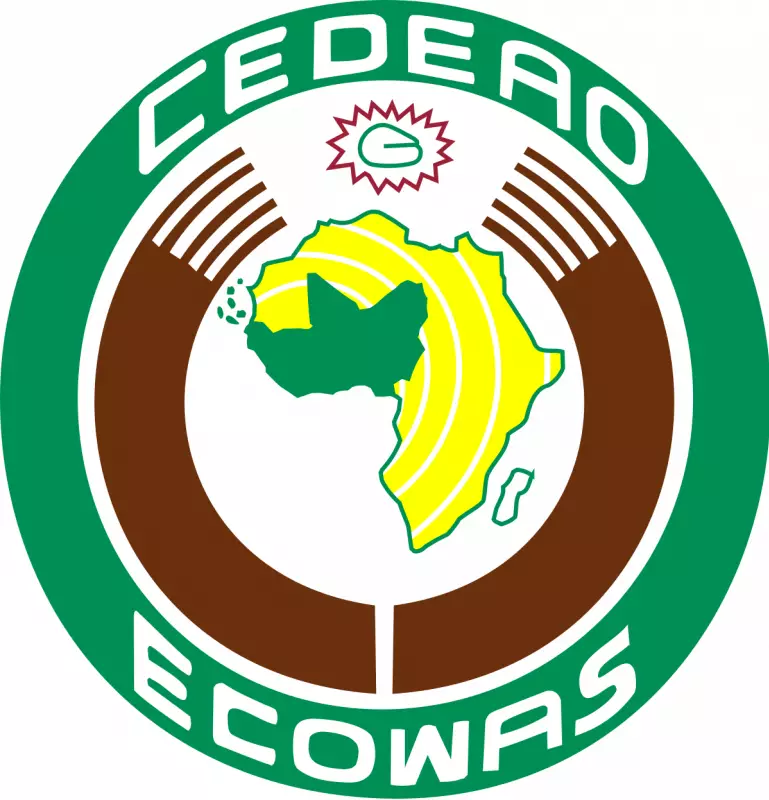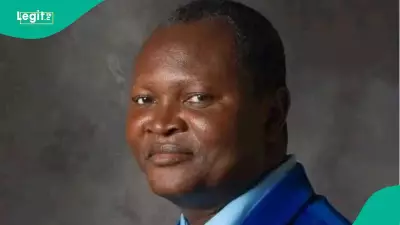
In a groundbreaking move to tackle the root causes of extremism, the Economic Community of West African States (ECOWAS) has launched an ambitious initiative to revolutionize Quranic education across the region. This strategic overhaul aims to transform traditional Islamic learning centers into modern educational institutions that can effectively counter terrorist recruitment.
The comprehensive plan emerged from high-level discussions among West African leaders who recognize that outdated Quranic education systems have become vulnerable to exploitation by extremist groups. By modernizing these institutions, ECOWAS seeks to create an educational environment that promotes peace, tolerance, and contemporary skills alongside religious teachings.
Addressing Security Challenges Through Education
Security analysts have long identified certain Quranic schools, particularly in northern Nigeria and neighboring countries, as potential breeding grounds for radicalization. The ECOWAS initiative directly confronts this threat by integrating secular subjects, vocational training, and peace education into the traditional Islamic curriculum.
The reform program focuses on several key areas:
- Curriculum modernization to include mathematics, science, and language studies
- Teacher training programs for Islamic educators
- Infrastructure improvement of Quranic learning centers
- Integration of digital literacy and vocational skills
- Promotion of interfaith dialogue and tolerance education
Regional Cooperation Against Extremism
This educational transformation represents a proactive approach to security challenges that have plagued the Sahel region. Rather than relying solely on military solutions, West African nations are investing in preventive measures through educational empowerment.
The timing of this initiative is particularly crucial as terrorist activities continue to spread across border regions. By creating a unified approach to Quranic education reform, ECOWAS member states hope to eliminate safe havens for extremist ideologies while preserving cultural and religious traditions.
Educational experts involved in the planning emphasize that the goal is not to diminish Islamic teachings but to enhance them with contemporary knowledge. This balanced approach aims to produce graduates who are both spiritually grounded and equipped with practical skills for modern economic participation.
As implementation plans move forward, monitoring and evaluation mechanisms will be established to ensure the reforms achieve their dual objectives of educational improvement and security enhancement. The success of this initiative could provide a model for other regions facing similar challenges with religious education and extremism.






